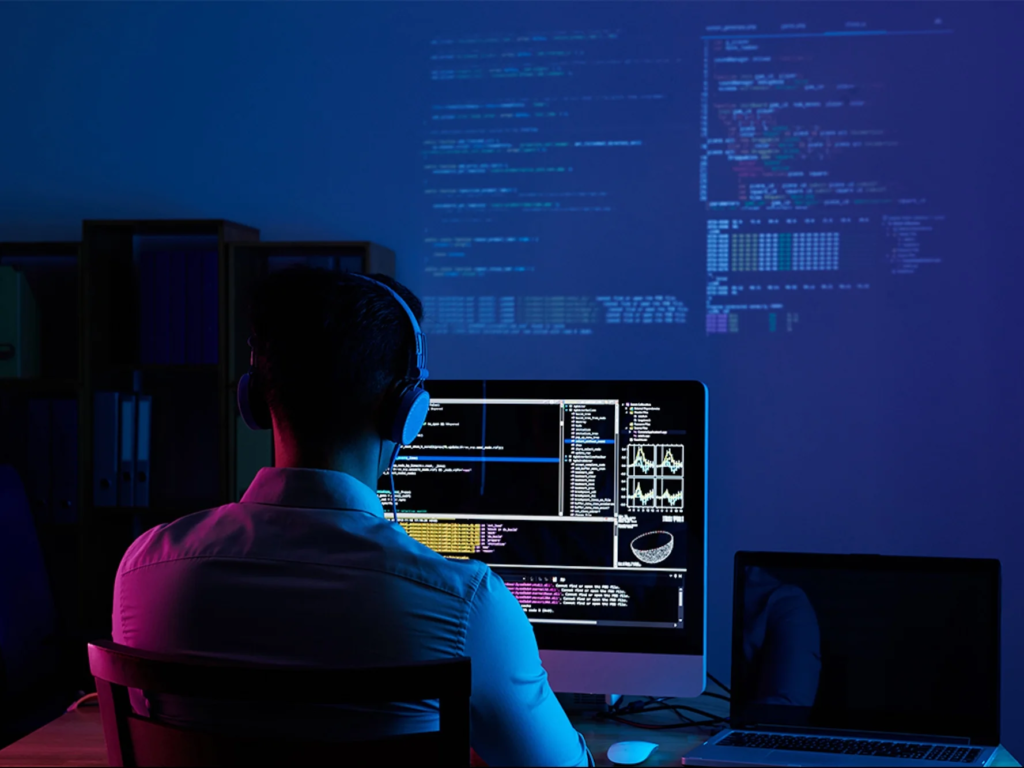Python programming has become a cornerstone in the tech industry, thanks to its simplicity and versatility. Whether you’re a complete novice or looking to expand your coding repertoire, mastering Python in 30 days is an achievable goal with the right approach. This guide will help you navigate your journey from zero to hero in Python programming.
Why Python?
Python is a high-level, interpreted programming language known for its readability and ease of use. It’s widely used in web development, data analysis, artificial intelligence, scientific computing, and more. Python’s vast library support and active community make it an excellent choice for programming for beginners.

Week 1: Getting Started
Day 1-3: Setting Up Your Environment
- Install Python: Download and install the latest version of Python from the official Python website.
- Choose an IDE: Integrated Development Environments (IDEs) like PyCharm, Visual Studio Code, or Jupyter Notebook can enhance your coding experience.
- Explore Python Basics: Start with the basics such as variables, data types, and simple operations. Platforms like Codecademy and freeCodeCamp offer excellent coding tutorials for beginners.
Day 4-7: Core Concepts
- Control Structures: Learn about if-else statements, loops, and list comprehensions.
- Functions: Understand how to define and use functions to make your code modular and reusable.
- Error Handling: Get familiar with try-except blocks to handle exceptions gracefully.
Week 2: Diving Deeper
Day 8-11: Data Structures
- Lists, Tuples, and Sets: Learn to store and manipulate collections of data.
- Dictionaries: Understand how to use key-value pairs for efficient data management.
Day 12-14: Modules and Packages
- Standard Libraries: Explore Python’s standard libraries like math, datetime, and os.
- External Packages: Learn to install and use external packages from PyPI using pip.
Week 3: Practical Applications
Day 15-17: File Handling
- Reading and Writing Files: Learn to handle file operations such as reading from and writing to files.
- CSV and JSON: Understand how to work with CSV and JSON data formats.
Day 18-21: Web Development with Python
- Flask and Django: Get introduced to web development using frameworks like Flask and Django. These frameworks simplify the process of building robust web applications.
Week 4: Advanced Topics and Final Project
Day 22-25: Advanced Programming Concepts
- Object-Oriented Programming (OOP): Learn about classes, objects, inheritance, and polymorphism.
- Decorators and Generators: Understand these advanced concepts to write more efficient and clean code.
Day 26-28: Data Science and Machine Learning
- Libraries: Get introduced to data science libraries such as Pandas, NumPy, and Matplotlib.
- Basic Machine Learning: Learn the basics of machine learning with libraries like Scikit-Learn.
Day 29-30: Final Project
- Build a Project: Apply what you’ve learned by building a comprehensive project. It could be a web application, a data analysis tool, or a simple game. This project will solidify your understanding and showcase your skills.
Additional Resources
- Programming Courses: Websites like cleartech.me and nomadpro.org offer specialized Python programming courses tailored for different skill levels.
- Coding Bootcamps: Consider enrolling in a Python-focused coding bootcamp for an intensive learning experience. These bootcamps often include mentorship and hands-on projects.
- Online Coding Platforms: Use platforms like LeetCode, HackerRank, and CodeSignal to practice coding challenges and improve your problem-solving skills.
- Programming Certification: Obtaining a certification from platforms like Coursera or edX can validate your skills and enhance your resume.
Tips for Success
- Consistency is Key: Dedicate at least an hour each day to coding. Consistent practice will help you retain concepts better.
- Join Online Communities: Platforms like Stack Overflow, Reddit, and GitHub are great for seeking help, sharing projects, and connecting with other Python enthusiasts.
- Build Real-World Projects: Apply your knowledge to real-world projects. This not only reinforces your learning but also builds a portfolio that can impress potential employers.

Final Thoughts
Python programming is a valuable skill that can open doors to numerous career opportunities. By following this 30-day plan, you can go from zero to hero, mastering Python in just one month. Remember, the key to success in programming is continuous learning and practice. So, keep coding, stay curious, and enjoy your Python programming journey!



